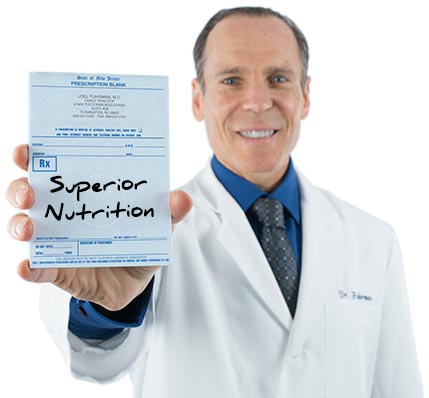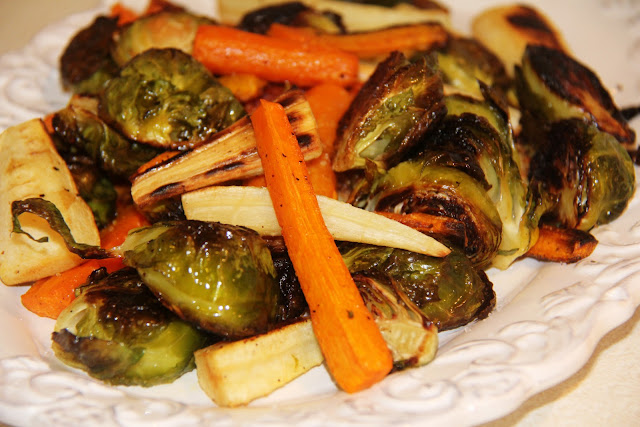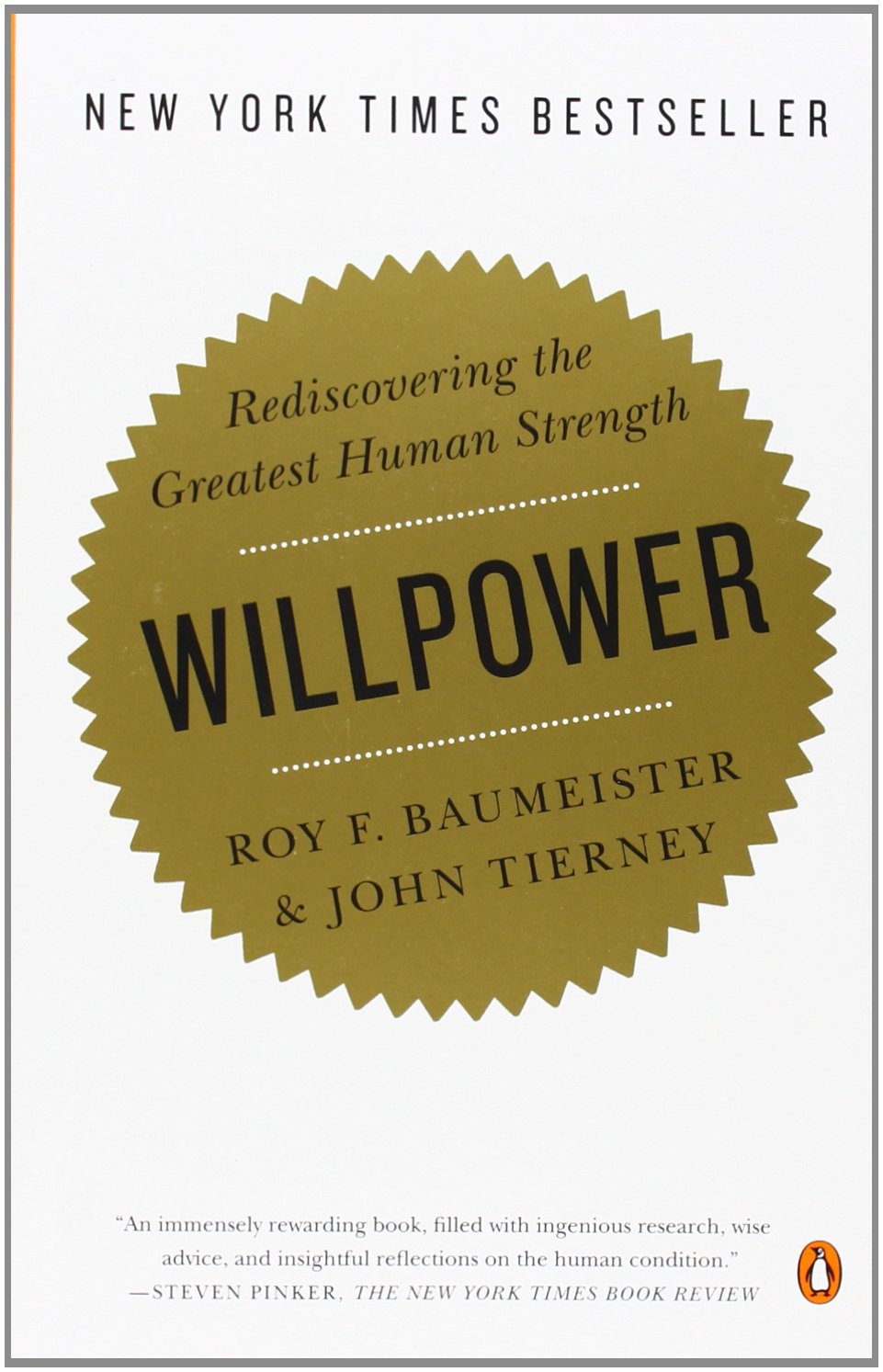Every once in a while, a new diet takes social media by storm. There are countless before and after shots of dramatic results proving the great success rate and the grateful customers. "In only three weeks" "In only two months" "In only four days" the testimonials proclaim, along with insane amounts of poundage lost.
The current craze has pretty dramatic parameters. I know personally that my own body would biologically go berserk if so deprived.
I've been obsessing a little with body types. A woman I know, after a few kids, is so insanely slender that she looks like she's levitating in her high heels. Then I speak to another three-time mother who's frustrated because she can't shed the baby weight (and yet she's still built something adorable). I wonder at the methods of the women who idly lick an ice cream on the street as they stride on toothpick legs.
Yet I have not been drawn in by the idea of a dramatic diet plan. I'm not delusional; I know when I cheat. I know when I take too many portions. I know that I have to rediscover my self-control. I also know that weight is not gained overnight; yet many expect to not only shed it overnight, but that will remain a permanent state even if they revert to their old habits.

Changing habits is HARD. So, so HARD. Yet more people find it easier to stick with a dramatic, short-term program as opposed to learning a healthier, long-term lifestyle. I'm proud with the progress I made. But I still have farther to go in terms of not letting food run my life.
Some people prefer all-or-nothing approaches, but that methodology rarely works in general. Going slowly, tackling one bad habit at a time, is healthier and more likely to generate permanent success. It's not like one can do this diet then go back to eating half a challah every Shabbos meal. Change is required. Which is HARD. Blurgle.









